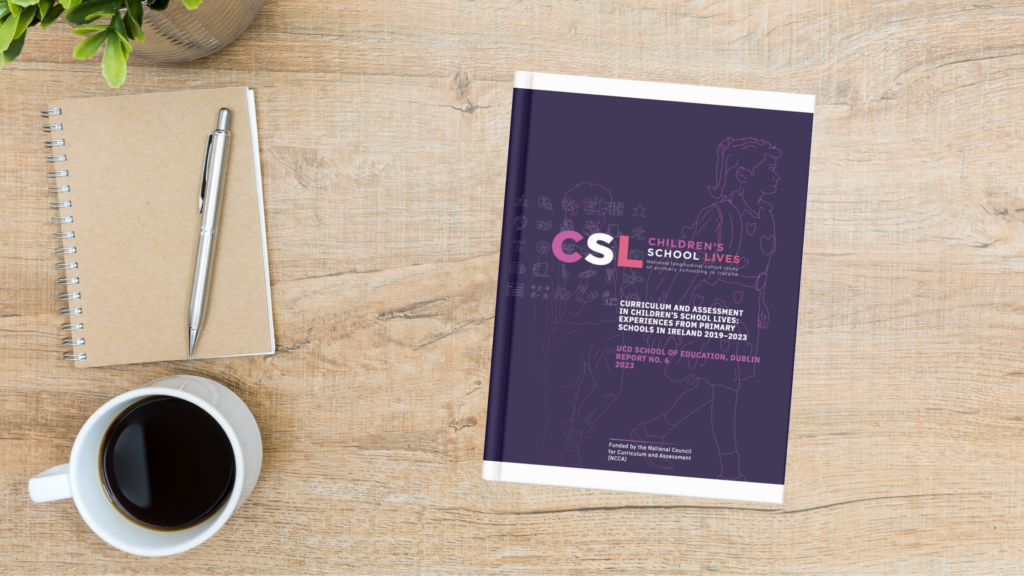Research conducted by UCD for the Children’s School Lives report found that primary school children tend to experience increased anxiety as they progress through school, according to Carl O’Brien in the Irish Times. Parents had mixed feelings about tests used to measure academic progress, with some finding them useful and others noting their children were worried or anxious about them. After reading the full 80 page report, this was not the jump-out hot-take for me. In fact, in my upcoming podcast episode, where I summarised it live, I didn’t pick up on it at all. However, it’s an interesting point worth exploring.
As teachers, we know that primary school can be a place that is stressful for children, especially when assessments and tests are involved. The CSL study revealed that children’s stress around tests tends to increase as they progress through primary school. According to the article, this can be compounded by parents’ own anxiety around standardised tests.
Parents had mixed opinions on standardised tests used to measure academic progress. Some saw them as useful to provide schools with an idea of where their children are in their learning, while others noted that their children were so anxious and worried about them that they would often pretend to be ill.
In my podcast, I was surprised to see that 20% of teachers admitted that they prepare children for the standardised tests and I also noted that 30% of teachers were anxious themselves about how the tests reflected on their own teaching. For the record I would scrap standardised tests tomorrow.
Obviously some sort of assessment is necessary to measure a student’s academic progress, but we also need an environment where students feel comfortable and supported. I don’t think the standardised assessments fulfil this ambition. It clearly rises anxiety in pupils, parents and teachers. While one parent said that academic pressure is no harm, and I don’t completely disagree with that, what do they really achieve?
The answer is “nothing.” Any teacher would be able to tell you exactly what STEN score every child in their class would have without doing the tests. They are simply a snapshot of the day in question. However, since 2011, there is a more sinister result from these tests. Every two years, the scores are used to provide schools with Special Education resources. If a school does too well, they might be penalised in terms of teaching staff. If a school does badly, it can upset children and their families unnecessarily. Some principals take the results too seriously too. I remember one school I worked in where the principal stuck up the results of each class on the noticeboard of the staff room. While their intentions were not to humiliate anyone, it had exactly that effect.
You might wonder how the government use the scores. School must upload the results of the 2nd, 4th and 6th class literacy and numeracy tests to a special portal. The original intention was simply for statistical purposes. They are now being used to allocate resources. My biggest fear is that they will be used to create league tables. That would be something we all would need to be anxious about.
If you don’t believe me, take one look at the recently published league tables for rates of progression to third level. It’s an entirely meaningless measurement of how good a school is. It simply tells you what you already know – the richer you are and the higher socio-economic class you come from, the higher chance you have of going to university. As you can imagine private schools and Gaelcholáistí prominently feature. As meaningless as it is acknowledged, the results are considered important by parents and school alike. What school wants to be known as the “worst” in their area?
For me the CSL report has far more interesting takeaways, particularly the statistics around religion, Irish and drama – the subjects most often spoken about in the curriculum, but that’s a post for another day.


